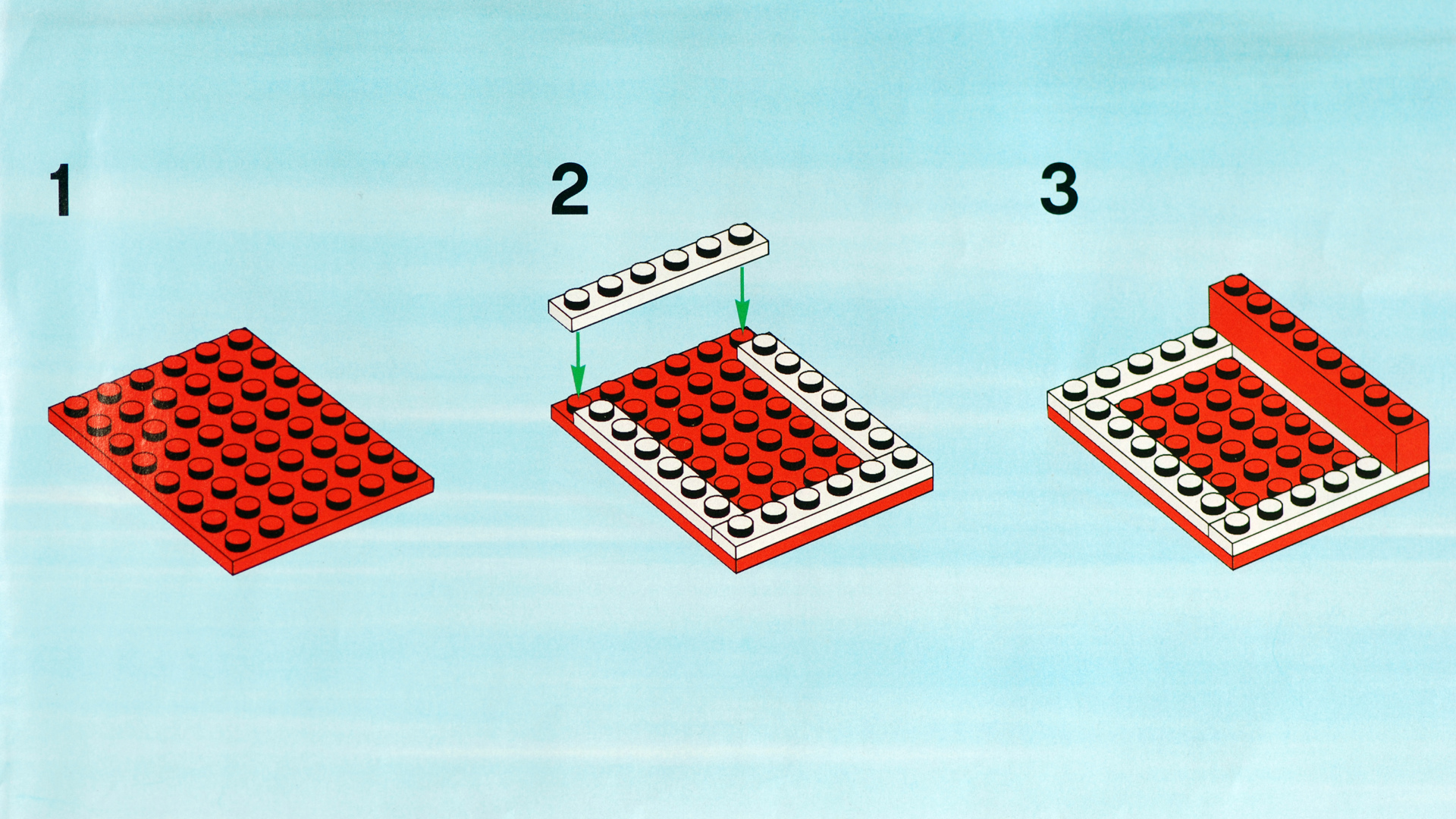The future founder of LEGO wasn’t yet 6 years old when he created his first toy. The hands that would one day mold plastic into the world’s most popular plaything started with much simpler materials: a stone and some string. Where others might see an ordinary rock, young Ole Kirk Christiansen saw potential.
Few people know Christiansen’s story, but once you do, you’ll never look at a pile of shiny LEGO bricks—or your own work—the same way again. Here are three ways Christiansen’s life serves as a model for working believers today.
1. Persevere Through Trials
Christiansen suffered more than most of us ever will. He watched his life’s work literally go up in flames three times. In the span of two years, his carpentry workshop burned to the ground twice (a fire would also consume his fledgling LEGO factory 16 years later). He spent years teetering on the brink of bankruptcy. And in 1932, in the span of just a few days, he suffered the unimaginable loss of his unborn child and his wife.
But Christiansen consistently joined God’s servant Job in saying, “The LORD gave, and the LORD hath taken away; blessed be the name of the LORD” (Job 1:21, KJV). He clung tightly to the promise of Romans 8:28 that “in all things”—even the most terrible ones—“God works for the good of those who love him” (NIV).
By God’s grace, Christiansen was able to see some of that “good” on this side of eternity. He saw how God used economic hardships to pivot him away from a traditional carpentry business to making toys. He saw how God provided a second wife who would fund the founding of LEGO.
But there’s no doubt that Christiansen went to the grave without comprehending how God would use other tragedies for good. After all, what human can understand the good of losing a child? And yet Christiansen had faith that somehow God was doing good to him even when it didn’t feel good to him.
Christiansen glorified God by persevering through unimaginable trials in his faith. You and I can do the same today.
2. Embrace Play and ‘Useless’ Work
Christiansen had faith that somehow God was doing good to him even when it didn’t feel good to him.
Throughout Scripture, we see God doing work that most people in our utilitarian-obsessed culture would describe as pointless and impractical.
Genesis 2:9 says that God made trees that were useful for food and beautiful. In Job 38:25–26 (NIV), God said that he sends “torrents of rain . . . to water a land where no one lives.” And in Revelation, we’re told that God has covered his eternal city, the new Jerusalem, with 5,600 miles of emeralds, sapphires, and “every kind of jewel” (Rev. 21:15–21).
God doesn’t always act with utility obviously in view. And so we as his image-bearers can do something for the pure joy and play of it.
I don’t think anyone understood this better than Christiansen. When he decided to pivot from his carpentry business to building a toy factory, almost everyone told Christiansen he was crazy. The world was in crisis—in the pit of the Great Depression. People needed food and shelter, Christiansen’s friends told him, not yo-yos and toy cars.
But Christiansen disagreed. In his own playful life and the life of the business he created to help others “play well,” he demonstrated a deep understanding that we can glorify God by embracing fun, beauty, play, and “useless” work.
You don’t have to be alleviating poverty, prosecuting human traffickers, or curing diseases to honor God through your vocation (as good and important as that work is). You can please him by designing beautiful charcuterie boards, planning joyous events, and building the next great toy company. So if you do work that the world tends to view as trivial and useless, lean into it today with all your heart, knowing that the Lord delights in every detail of the lives of the godly (see Ps. 37:23).
3. Commit to the Ministry of Excellence
From requiring that each of LEGO’s early wooden ducks received three coats of paint to fighting for the perfect interlocking LEGO brick, Christiansen consistently demonstrated a deep commitment to excellence in his craft.
But don’t miss the why behind that commitment. Christiansen was never recorded as saying anything like “Only the best is good enough because that’s how we maximize profits.” Only the best was good enough because Christiansen understood that mere Christians glorify God through the ministry of excellence.
You don’t have to be alleviating poverty, prosecuting human traffickers, or curing diseases to honor God through your vocation.
In 1 Corinthians 10:31, the apostle Paul commands, “Whatever you do, do all to the glory of God.” This means we should act in ways that reflect God’s character to others. And what’s one of God’s primary characteristics as a worker? Excellence.
Commenting on the carpenter whom Christiansen called Savior, the novelist Dorothy L. Sayers said, “No crooked table legs or ill-fitting drawers ever, I dare swear, came out of the carpenter’s shop at Nazareth . . . work must be good work before it can call itself God’s work. . . . The only Christian work is good work well done.”
Ole Kirk Christiansen had done what every mere Christian longs to do. In the face of great adversity, he worked with excellence, loved God, and loved people. Nearly a hundred years later, his life still beckons all who know his incredible story to do the same.
News Source : https://www.thegospelcoalition.org/article/inspiring-story-ole-kirk-christiansen/
 Your post is being uploaded. Please don't close or refresh the page.
Your post is being uploaded. Please don't close or refresh the page.





